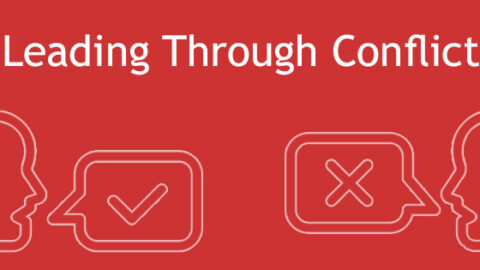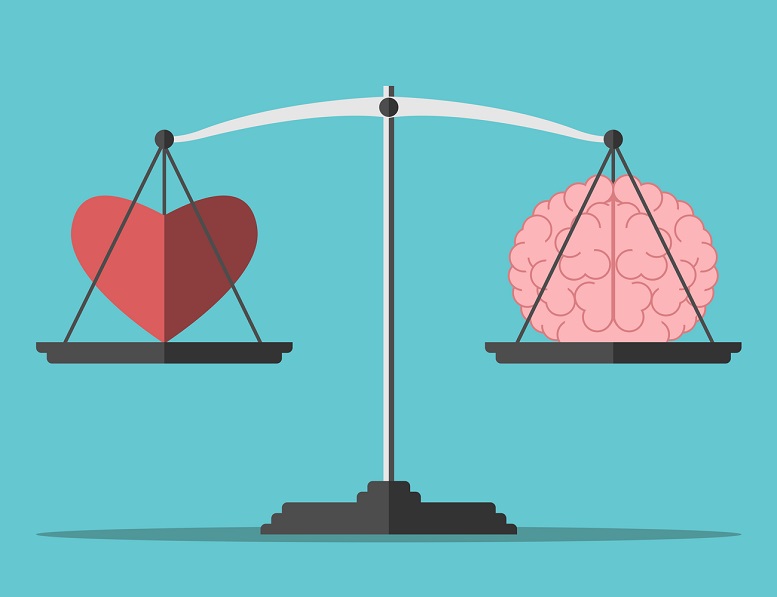It’s not like work stress is something new. For decades Americans have been marching to the beat of a do-more, do-it-faster, do-it-with-less workplace drum. In fact, a few years ago a Towers Watson survey showed that stress was the number one workforce risk factor.
Now add to that a global pandemic and the fact that despite the idyllic notion of “working from home,” many people are actually working more, and, well, that’s a whole lot of stress. Back-to-back Zoom meetings, an evaporating line between home and work, managing kids’ distance learning, concerns about the virus, the list goes on. And many of us just keep plugging on until…something…snaps.
Don’t let that happen to you. Too much stress actually interferes with productivity, can impair relationships, and may cause chronic health issues. Or even safety issues. We’ve all seen people walking along – even crossing streets – with their eyes focused on their cellphone.
So how do you recognize when you’re under too much stress? It starts by being self-aware. When you start to feel overwhelmed, pay attention to how you respond to your work and the people around you.
Under stress, our positive qualities often get overextended causing negative impact. For example, someone who is detail-focused and analytical may exhibit “analysis paralysis” under stress. Someone who is typically creative and social may become impulsive and overly emotional under extreme stress. And the “people person” who brings harmony to every meeting may suddenly become stubborn and resistant.
When Mr. Rogers becomes Attila the Hun it’s time to get a handle on stress.
Here are some tips.
Set boundaries. Establish a time after which you won’t take work phone calls or respond to work emails, texts, smoke signals, whatever. Manage expectations about your “work hours.”
Be willing to say “no.” When asked to do something with a clearly unreasonable deadline or without appropriate resources, explain the impact it will have on your current work. Offer alternative dates, suggest alternative resources.
Stop and pause. Do a personal check-in. Adjust priorities, if needed. Take a break.
Breathe. Deeply and often.
Laugh. Find something to laugh about every day. It truly is the best medicine.
For more tips on managing stress, tune into my Stress for Success podcast series.
“If you ask what is the single most important key to longevity, I would have to say it is avoiding worry, stress and tension. And if you didn’t ask me, I’d still have to say it.” – George Burns (who lived to be 100)
Till next time, keep it real.
Karen









